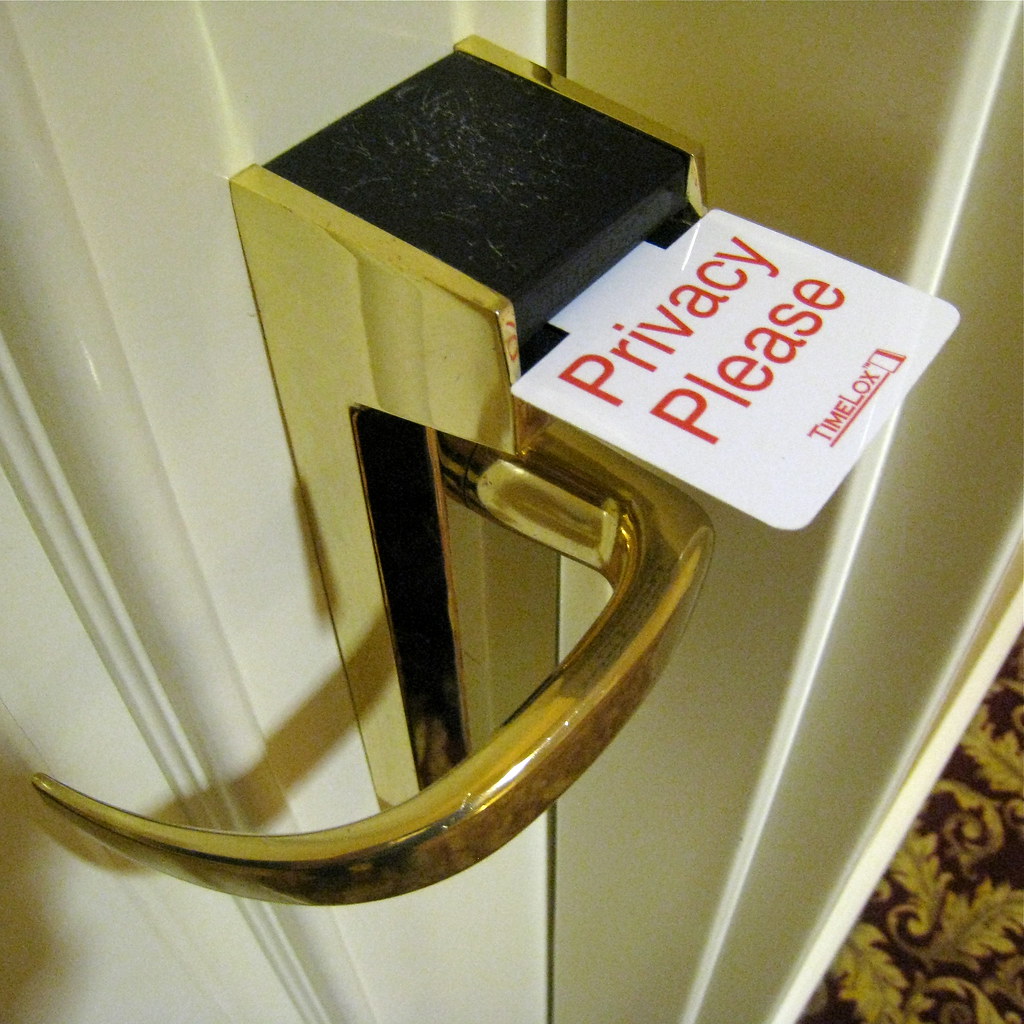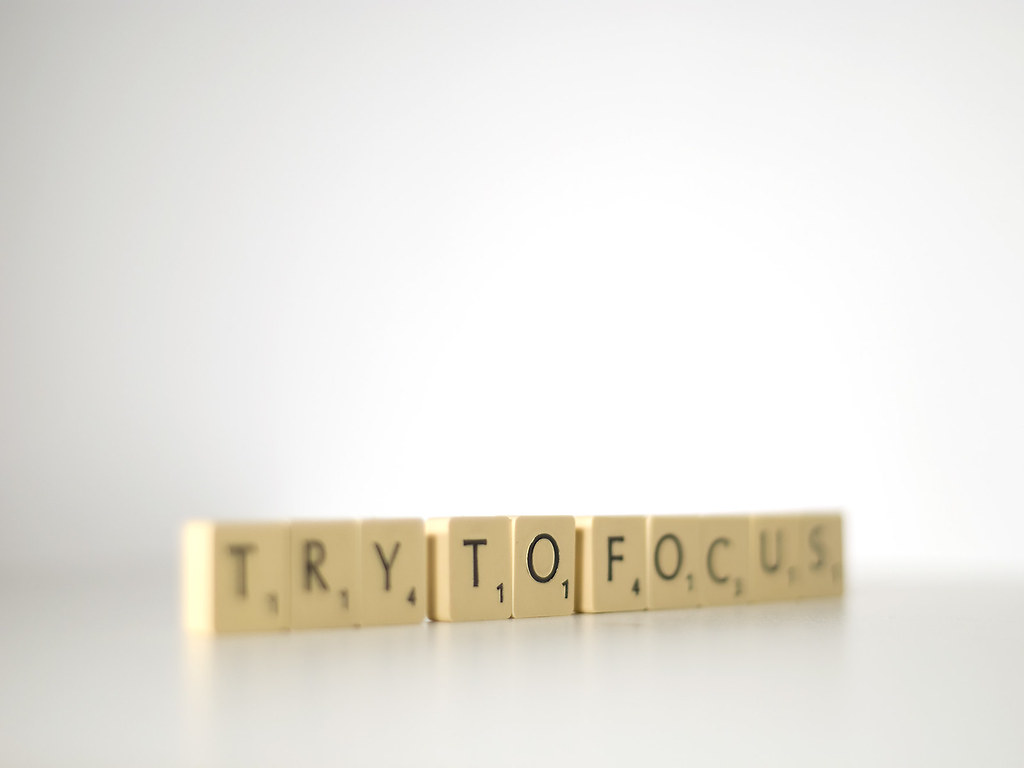 |
One of my teachers wants to share more of her work. She is doing pretty interesting things and wants feedback and ways to share her knowledge. She is however afraid that her ex will follow her, and she doesn't want anything to do with him. She's worried about what it means to go public and if sharing is actually worth the stress of knowing he is still watching. I totally get that, I mean, it's obvious (at times) to see who is watching and when, but if you go public it can be hard to stop specific people from accessing. My wondering is how important is it, I mean as long as there is no harassment, who really cares and if there is harassment we can block and go to the police, however, she feels much safer not publishing.
One of my students email was "hacked" he was telling people about his personal account, and someone accessed it and sent some not nice email. I guess firstly I don't believe it was hacked, but if it was, that's an interesting story, we keep using the common sense media image where we protect our private information, but that is difficult for younger students.
My wondering most of this week is, as we continue to be more connected we are less private, and I don't know if we are teaching how to actually be safe to students, or how to live safely in a very connected world.

